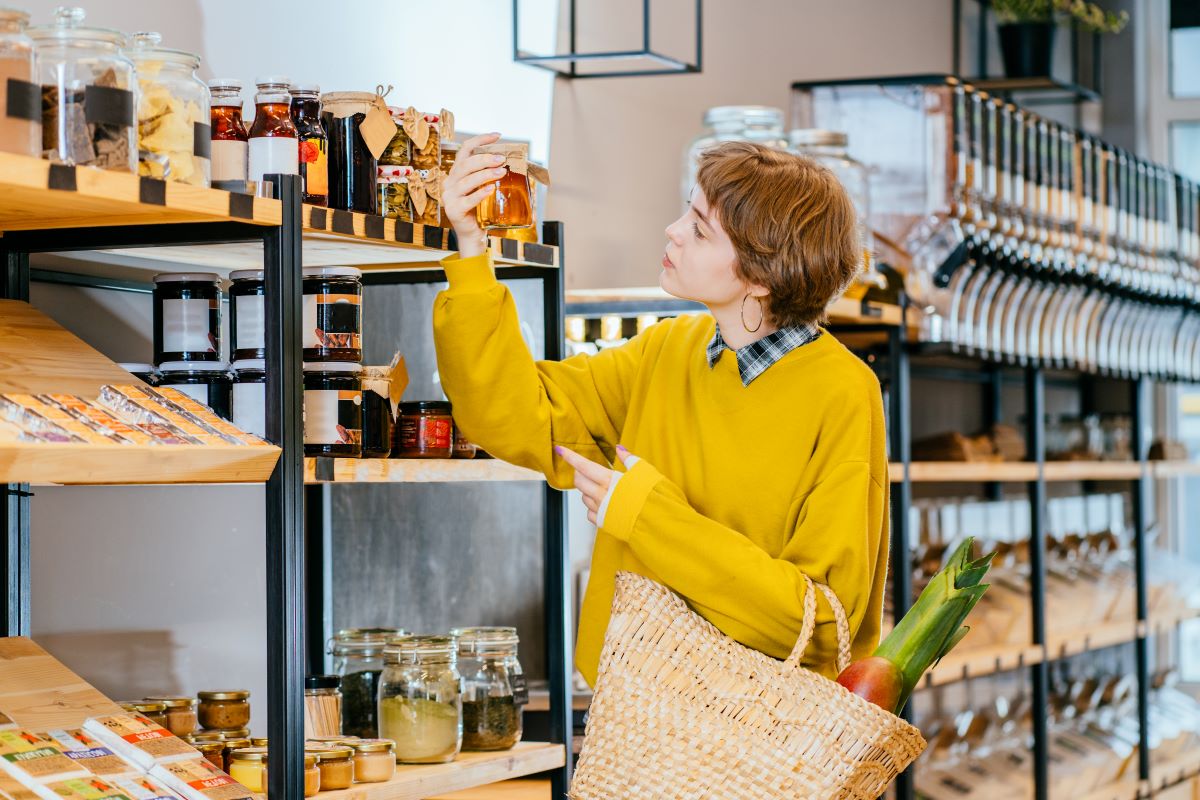Do you know what you’re really eating? Wake up to the hidden dangers lurking in your kitchen with these tips on spotting fake foods that could be fooling you right now. Go check the pantry!
1. Olive Oil Overreach

Think your olive oil is pure? Many are watered down with cheaper oils. Always look for PDO certification and a clear harvest date to ensure you’re not getting scammed.
2. Honey Hoax

Your honey might just be flavored syrup. If it never crystallizes, it’s likely fake. Real honey thickens and becomes solid over time.
3. Phony Parmesan

That so-called Parmesan might be mostly wood pulp if it’s not stamped with “Parmigiano-Reggiano” and lacks the official seal from Italy.
4. Juiced-Up Fruit Juice

Is your fruit juice really 100% juice? Many are watered down and sweetened with sugar. Read the label carefully to avoid being duped.
5. Fish Fraud

That “wild-caught” salmon might actually be cheaper farmed fish. Always verify the source and stick to trusted fishmongers.
6. Wine Whoppers

Think you scored a deal on fine wine? If the price seems too good to be true, it probably is. Cheap blends are often sold as luxury labels.
7. Spiced With Lies

Even spices aren’t safe. Fillers can dull the natural colors and aromas of high-quality spices like saffron and turmeric.
8. Coffee Cons

Your coffee might include fillers or lower-quality beans. Buy whole beans from reputable roasters and grind them yourself for the real deal.
9. Chocolate Cheats

Luxury chocolate shouldn’t have a long list of ingredients. High-quality bars contain mostly cocoa—watch out for fillers and imitations.
10. Vanilla Veneer

Real vanilla extract costs more because it’s made from real beans, not synthetic flavors. Check the label for alcohol-based extracts with vanilla bean.
11. Meat Misrepresentations

Processed meats can be packed with fillers. For pure meat, check labels carefully or buy whole cuts to grind yourself.
12. Milk Mishaps

Watered-down milk isn’t just a rip-off; it’s a health hazard. Stick to reputable brands and certified products.
13. Counterfeit Cheese

Fake dairy products are a real concern. Genuine cheese melts smoothly and comes with certifiable origins, not just a brand name.
14. Watered-Down Whiskey

Fine whiskey diluted? Unfortunately, yes. Only buy from reputable dealers who offer products with verified seals of authenticity.
15. Maple Syrup Scams

If your maple syrup ingredient list includes anything but maple syrup, it’s not the real thing. True maple syrup is a single-ingredient product.
16. Balsamic Bluffs

Authentic balsamic vinegar is aged for decades and comes exclusively from Modena, Italy. Don’t fall for cheap imitations without DOP marks.
17. Tricky Truffle Oil

Most truffle oils are synthetic. Real truffle oil will list truffles as an ingredient and have a natural, earthy smell—not just a strong flavor.
18. Rice Ruses

Believe it or not, some rice is padded with plastic! Purchase only from brands that provide purity guarantees.
19. Organic Ordeals

Just because it says ‘organic’ doesn’t mean it is. Trust only products certified by recognized authorities, and be skeptical of low prices.
Stay Sharp in Your Kitchen

Don’t let counterfeiters fool you. Being vigilant about where and how you shop can save your health and ensure you get what you pay for. Keep these tips in mind and protect your pantry from fakes!
The post The Rise of Food Counterfeiting: Fake Foods in Your Kitchen first appeared on Mama Say What?!
Featured Image Credit: Shutterstock / Iryna Inshyna.
For transparency, this content was partly developed with AI assistance and carefully curated by an experienced editor to be informative and ensure accuracy.





